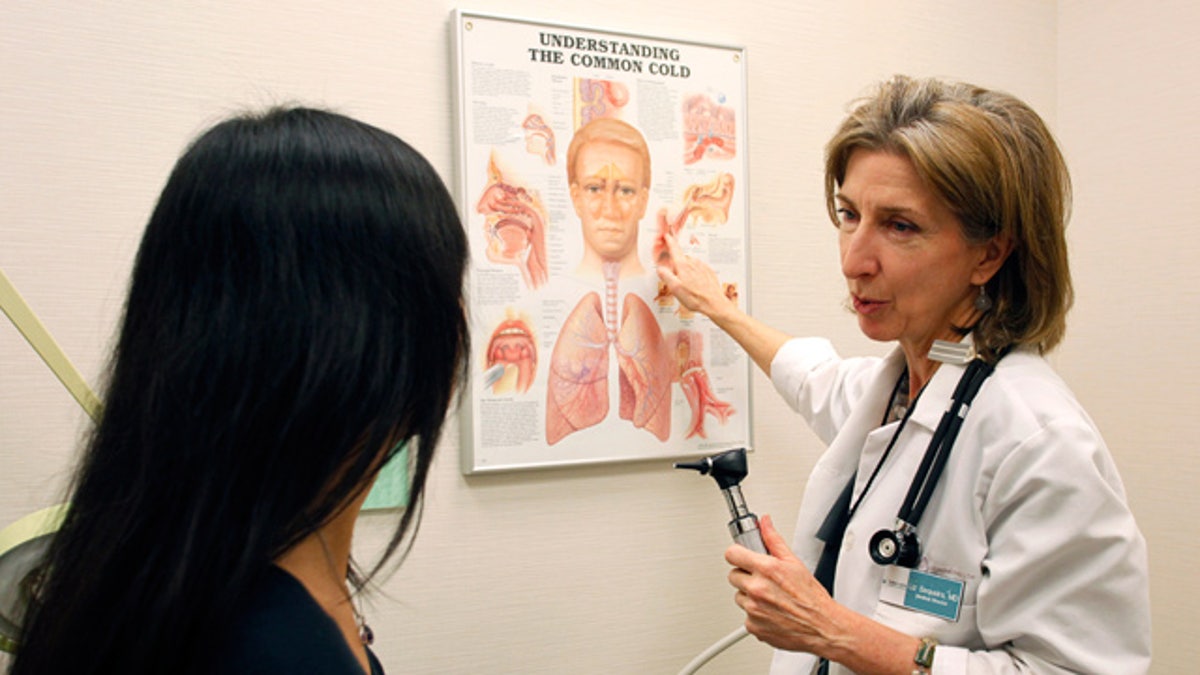
(Reuters)
Women’s health issues are still widely ignored in the world of scientific research – despite a law passed two decades ago mandating female representation in government-funded studies, HealthDay news reported.
In the latest review of the scientific literature, researchers from Brigham and Women’s Hospital in Boston found that there are still large gaps in the scientific process as it relates to women, with many studies failing to include women in patient data sets and ignoring gender-specific outcomes.
“The science that informs medicine routinely fails to consider the impact of sex and gender, and this occurs at some of the earliest stages of research -- from animal to human studies," said report author Dr. Paula Johnson, executive director of The Connors Center for Women's Health at Brigham and Women's Hospital.
According to the report, less than 1/3 of clinical trial participants in studies regarding cardiovascular health are women, although cardiovascular disease is the lead cause of death among women in the United States. Additionally, depression and anxiety are a major health concern for women worldwide, yet less than 45 percent of animal studies focusing on these mental health issues use female animals.
The report also noted a lack of focus on sex-specific outcomes. For example, lung cancer research often fail to include data on gender-specific factors, even though lung cancer behaves differently in men than in women.
Johnson and other health experts claim that a lack of female representation and focus in studies will lead to poorer outcomes for women in clinical settings. They argue that there needs to be better enforcement of the Women’s Health Equality Act, a bill passed in 1990 to promote greater gender equality in the delivery of health care services to women through expanded women’s health research.
But overall, Johnson said leaders in politics, science and business need to be better educated in the gender disparities that still exist.
"We really have to raise awareness," Johnson said. "There's an overall lack of awareness among our population."








































